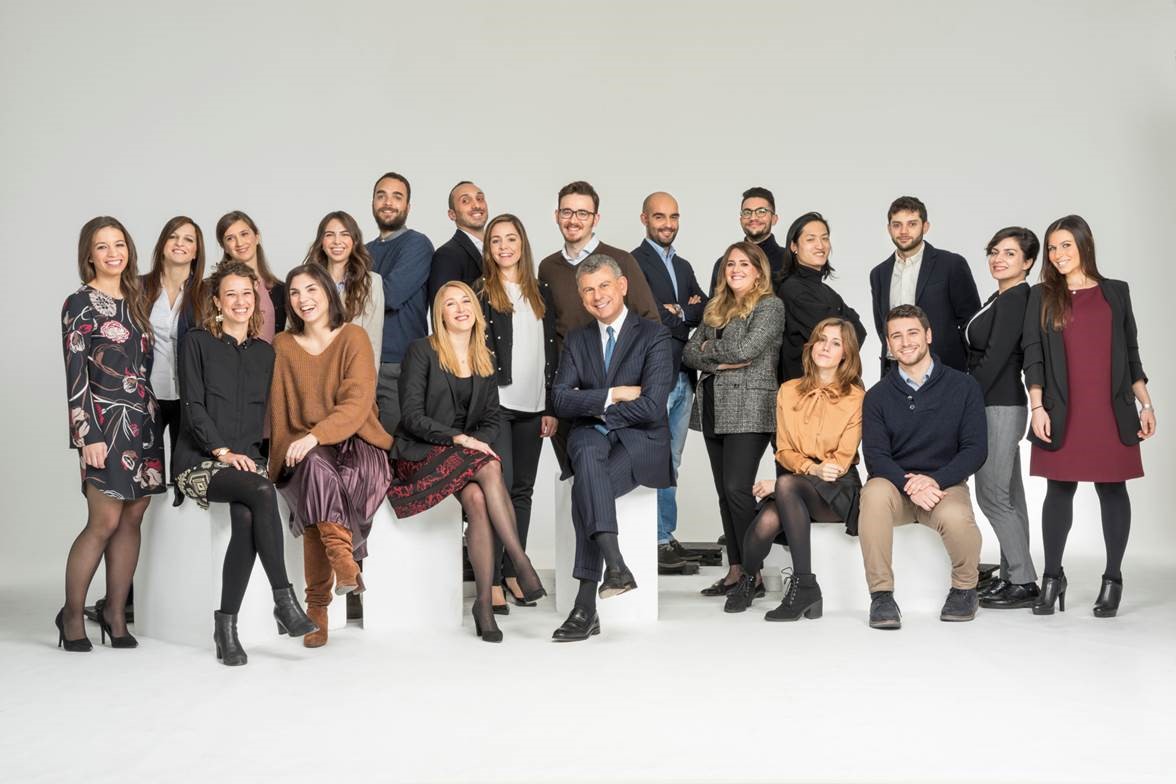While in 2017 the trend in fintech was driven by venture capital investment growth, the imminent introduction of the PSD2 directive has already determined that 2018 will be the year of digital payments.
In Italy the market is still small and cashless transactions are worth less than 200 billion a year (Politecnico di Milano data), but growth is rapid (+9% in 2016, the most recently available figure). This not only opens the way for new foreign operators (ApplePay first and foremost), but also represents a significant opportunity for Italy’s most innovative players to introduce a convergence strategy.
And Sisal has been among the first to realise which way the wind is blowing. Established seventy one years ago with the Totocalcio football pools coupon, known in Italy as the ‘Schedina’, which made an important contribution to rebuilding Italy’s sports stadiums after the war, the company grew to become synonymous with betting (“Have you played your Sisal?” was a famous advertising slogan) and in recent years Sport Italia Società a Responsabilità Limitata has embarked on a “digital transformation” process that accelerates the development of payment services for duty stamps, utility bills, taxes, TV licences, prescription charges, travel tickets, telephone top-ups and prepaid cards. This change - revolution would be a better word, looking at the numbers, because the SisalPay area accounted for 50% of total revenues of €13.2billion in the first nine months of 2017, against revenue at December 2016 of €780.8million and EBITDA of €187.3 million - has a name and a surname, those of Emilio Petrone, 55, CEO since 2008 of the company headquartered in Via Ugo Bassi, 6 -20159 in Milano.
You took over the helm at Sisal a few months before the financial crisis hit the world economy. You could have come out of it with some broken bones, but instead...
«But instead our strategy was the right one. If we hadn’t been firm believers in the growth of payment services, we would never have been able to achieve the goals we agreed with our shareholders».
In December 2016, the entire share package changed hands from Apax, Permira and Clessidra to CVC Capital. What are the novelties?
«The chain of command is much more streamlined today and we’re very closely aligned with Giampiero Mazza and all the team at CVC. The fact that the management team has remained the same is no coincidence. All told, the change represents a new start with new lifeblood after the previous ten-year cycle was drawing inevitably to a close».
Tell us about the 2017 results?
«The final figures aren’t yet ready, but I think I can safely say that gross turnover will be in excess of €17 billion, of which about €9bn from the SisalPay area. Our main strength is our nationwide local presence, with over 40 thousand points of sale, 13 million customers and 200 million transactions handled annually».
People go to tobacconists, newsagents or cafes to place bets and pay their bills. Two sides of the same story: who are the winners and the losers?
«Both sectors are growing, in all segments, but at different speeds. Some products, like SuperEnalotto for example, along with online gaming and betting, are delivering good results. SisalPay is growing rapidly, not just in terms of its numbers (from transactions worth €1.4 billion in 2008 to €9bn in 2017) but also of its technology. We have already invested €20m to renew our fleet of terminals and we’ll be investing the same amount in 2018 to upgrade the digital channel. A few days ago we also launched an app to develop the e-payment channel. The idea is to make the services we offer the public even simpler, allowing people to pay a utility bill or top-up their mobile or prepaid card with just a click, even when they’re on the move, by taking a photo of the bill or scanning a QR code. Payments can be kept on file for five years, which is useful for road tax purposes, for example».
Future developments for the app?
«We’re focused on building a digital factory in the true sense of the term. Over the last year, for example, we’ve hired 40 young people, over half of them women, to accelerate the digital transformation process. The new app is the first practical result of this initiative, which will continue with other investments. We’re building this new expertise in-house and to do so we’ll be recruiting 60 more talented startuppers and digital experts by the end of next year».


